The modern world would be very different if not for the brilliant minds of scientists throughout history. Although it’s difficult to place any of them in any kind of order, we’re going to list some of the most influential scientists of all time.
Albert Einstein
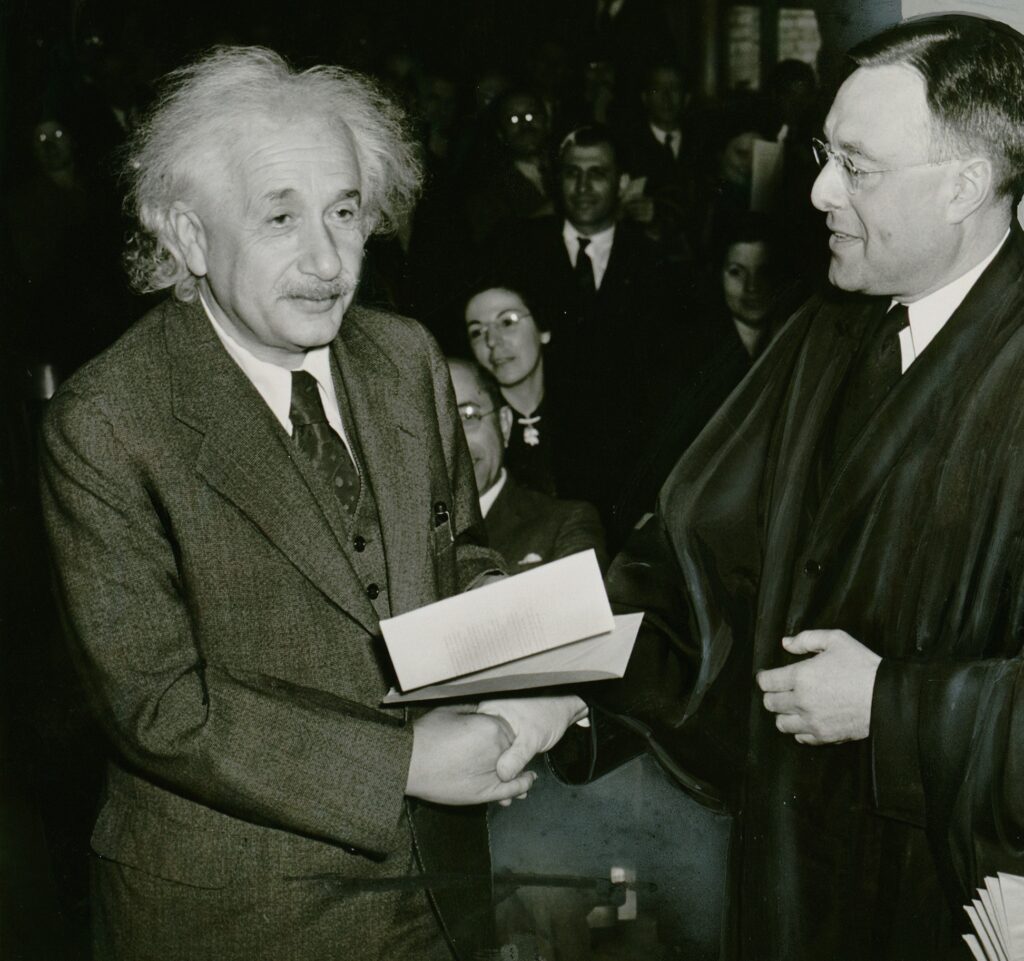
We couldn’t have this list without Albert Einstein on it. He’s by far the most well-known scientist of all time. Einstein was born in Ulm, Germany in 1879. His contributions to the scientific community with his theory of relativity changed the way many scientists thought of the world at the time. His famous equation explored the relationship between matter and energy. In 1955, Einstein passed away from heart failure, but left an amazing legacy.
Marie Curie
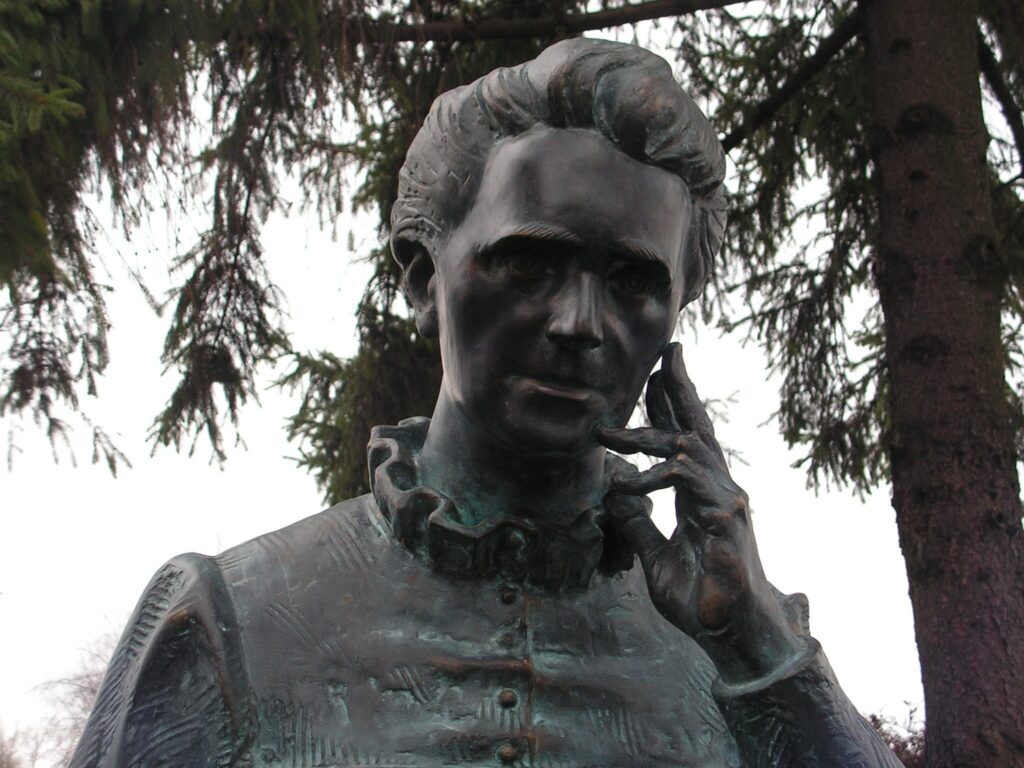
Marie Curie overcame overwhelming odds and used her thirst for knowledge to make enormous advancements in physics and chemistry. She was born in a low-class household in 1867 in Warsaw, Poland. Along with her husband, Curie explored uranium-dense materials, which led to the discovery of polonium and radium. The couple was awarded the Nobel Prize in Physics in 1903. Marie Curie died from an anemia that was most likely linked to her extensive handling of radioactive elements.
Nikola Tesla
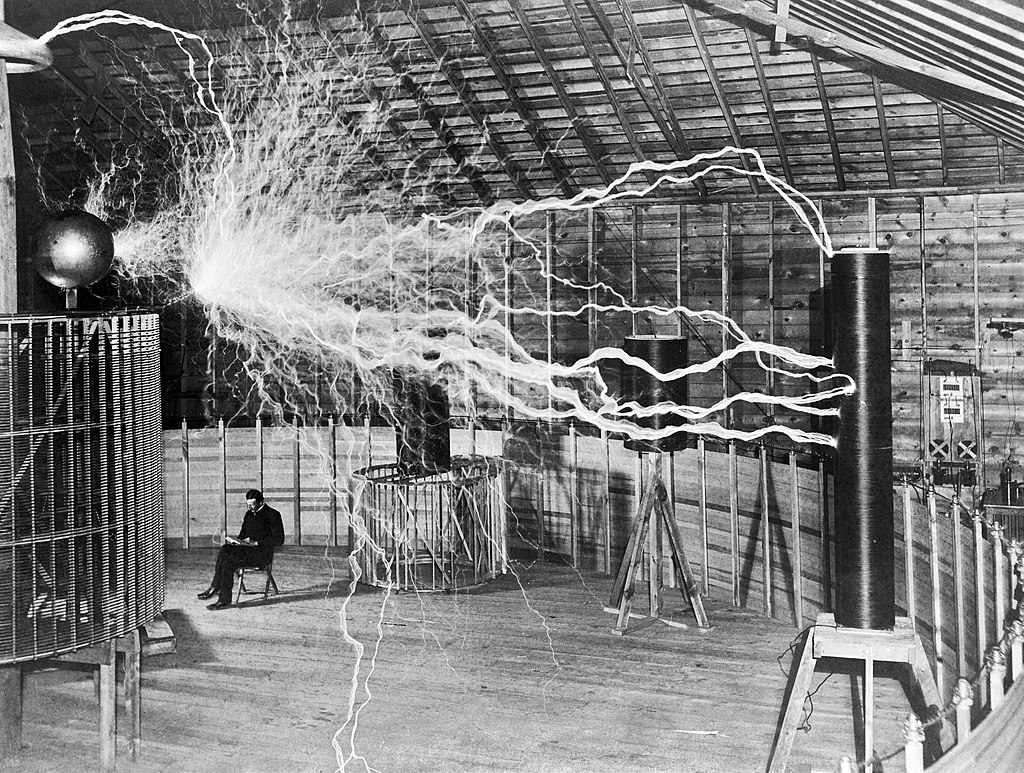
Born on July 10, 1856, in Smiljan, Austrian Empire (modern-day Croatia). Nikola Tesla was an inventor, electrical engineer, mechanical engineer, and futurist who is best known for his contributions to the development of alternating current (AC) electrical systems, which form the basis of modern electricity distribution. Tesla’s inventions, including the Tesla coil and contributions to wireless communication, significantly influenced the electrification of the world. Despite his lack of commercial success during his lifetime, his work remains foundational in electrical engineering. Tesla died on January 7, 1943, in New York City, from coronary thrombosis.
Galileo Galilei
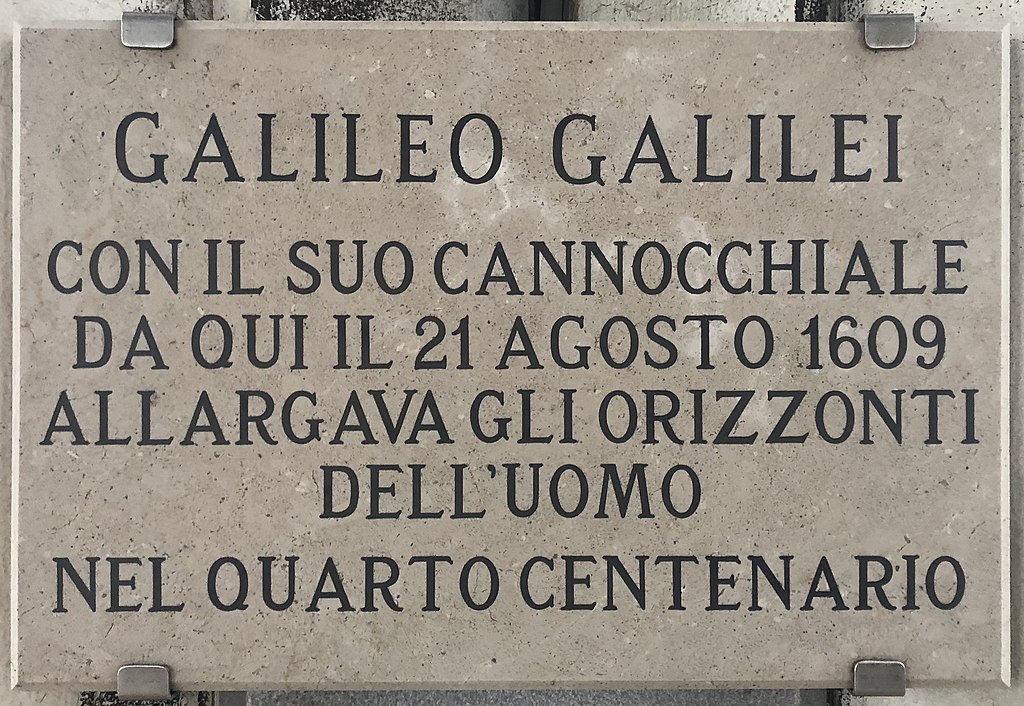
Born February 15, 1564, in Pisa, Italy. Galileo Galilei was an astronomer, physicist, and engineer who played a crucial role in the scientific revolution. He is often called the “father of observational astronomy,” the “father of modern physics,” and the “father of modern science.” Galileo improved the telescope, which allowed him to make groundbreaking observations, such as the moons of Jupiter and the phases of Venus, supporting the Copernican theory that the Earth orbits the Sun. His work laid the groundwork for modern physics and astronomy. Galileo died on January 8, 1642, in Arcetri, near Florence, Italy, likely from natural causes exacerbated by heart problems.
Charles Darwin
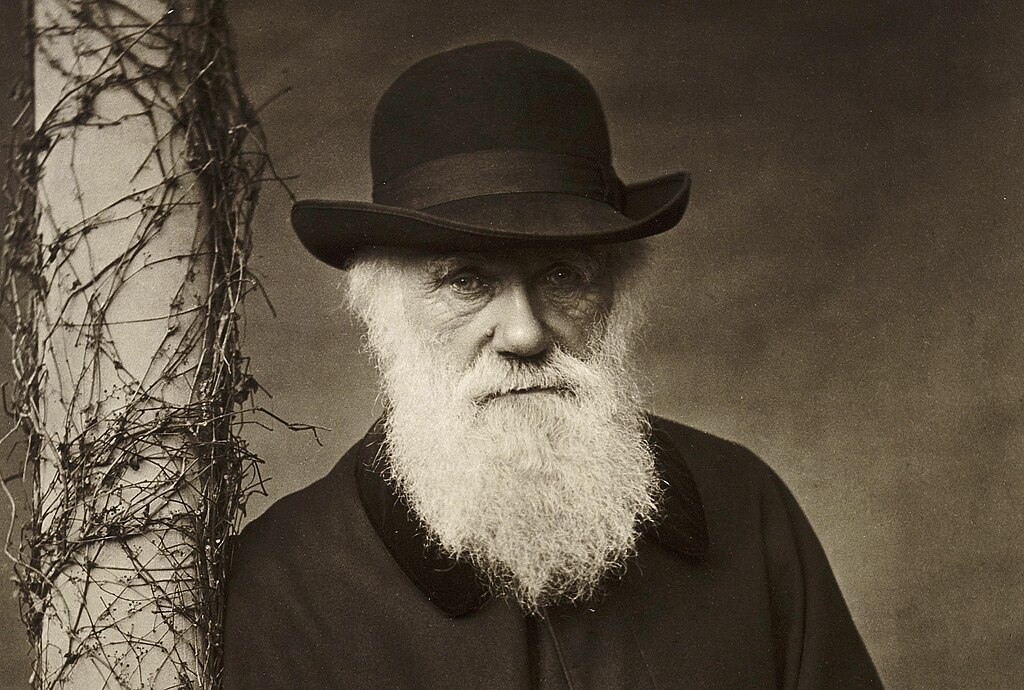
Born on February 12, 1809, in Shrewsbury, England. Charles Darwin was a naturalist and biologist best known for his theory of evolution by natural selection. His book “On the Origin of Species” (1859) revolutionized the way we understand the development of life on Earth, proposing that all species of life have descended over time from common ancestors. Darwin’s work laid the foundation for modern evolutionary biology and changed how we perceive the natural world. Darwin died on April 19, 1882, in Down, Kent, England, likely from heart disease.







